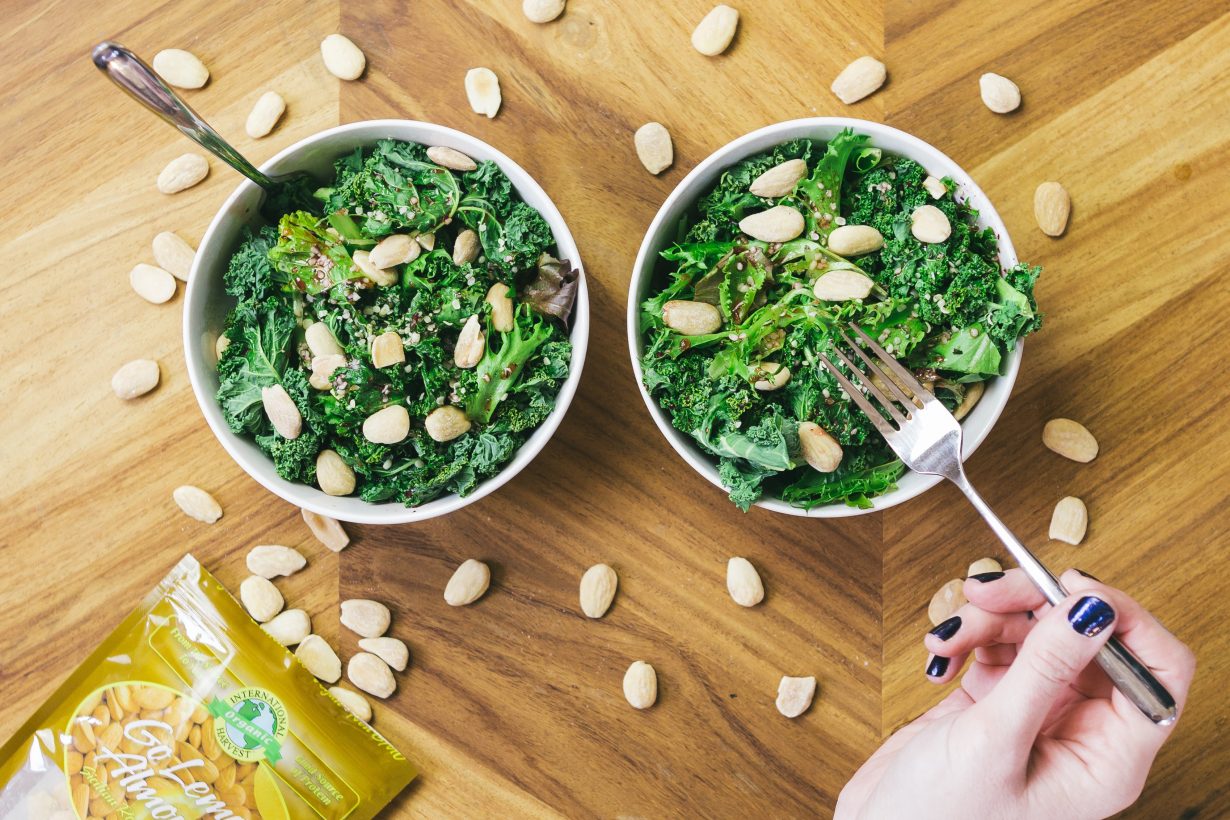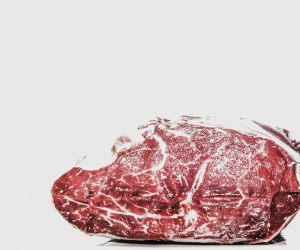
Eating a Vegetarian Diet Rich in Nuts, Vegetables, Soy Linked to Lower Stroke Risk
American Academy of Neurology (AAN) via Newswise – “Stroke is the second most common cause of death worldwide and a leading cause of disability…”
Newswise — MINNEAPOLIS – People who eat a vegetarian diet rich in nuts, vegetables and soy may have a lower risk of stroke than people who eat a diet that includes meat and fish, according to a study published in the February 26, 2020, online issue of Neurology®, the medical journal of the American Academy of Neurology.
“Stroke is the second most common cause of death worldwide and a leading cause of disability,” said study author Chin-Lon Lin, M.D., of Tzu Chi University in Hualien, Taiwan. “Stroke can also contribute to dementia. If we could reduce the number of strokes by people making changes to their diets, that would have a major impact on overall public health.”
The study involved two groups of people from Buddhist communities in Taiwan where a vegetarian diet is encouraged, and smoking and drinking alcohol are discouraged.
Approximately 30% of participants in both groups were vegetarians. Of the vegetarians, 25% were men. Researchers defined vegetarians as people who did not eat any meat or fish.
At the start of the study, the average age of all participants was 50 and none had experienced stroke. The first group of 5,050 people was followed for an average of six years. The second group of 8,302 people was followed for an average of nine years. Participants were given medical exams at the start of the study and asked about their diet.
Vegetarians ate more nuts, vegetables and soy than non-vegetarians and consumed less dairy. Both groups consumed the same amount of eggs and fruit. Vegetarians ate more fiber and plant protein. They also ate less animal protein and fat.
Researchers then looked at a national database to determine the numbers of strokes participants had during the course of the study.
In the first group of 5,050 people, there were 54 strokes. For ischemic strokes, which are strokes when blood flow to part of the brain is blocked, there were three strokes among 1,424 vegetarians, or 0.21%, compared to 28 strokes among 3,626 non-vegetarians, or 0.77%. After adjusting for age, sex, smoking and health conditions like high blood pressure and diabetes, researchers found vegetarians in this group had a 74% lower risk of ischemic stroke than non-vegetarians.
In the second group of 8,302 people, there were 121 strokes. For both ischemic and hemorrhagic strokes, also called bleeding strokes, there were 24 strokes among 2,719 vegetarians, or 0.88%, compared to 97 strokes among 5,583 non-vegetarians, or 1.73%. After adjusting for other factors, researchers found vegetarians in this group had a 48% lower risk of overall stroke than non-vegetarians, a 60% lower risk of ischemic stroke and a 65% lower risk of hemorrhagic stroke.
“Overall, our study found that a vegetarian diet was beneficial and reduced the risk of ischemic stroke even after adjusting for known risk factors like blood pressure, blood glucose levels and fats in the blood,” said Lin. “This could mean that perhaps there is some other protective mechanism that may protecting those who eat a vegetarian diet from stroke.”
One limitation of the study was that the diet of participants was only assessed at the start of the study, so it is not known if participants’ diets changed over time. Another limitation was that study participants did not drink or smoke, so results may not reflect the general population. Also, results from the study population in Taiwan may not be generalizable worldwide. Finally, there could be other factors, not accounted for, that might affect stroke risk.
This article has been modified. To read the original article click here.






